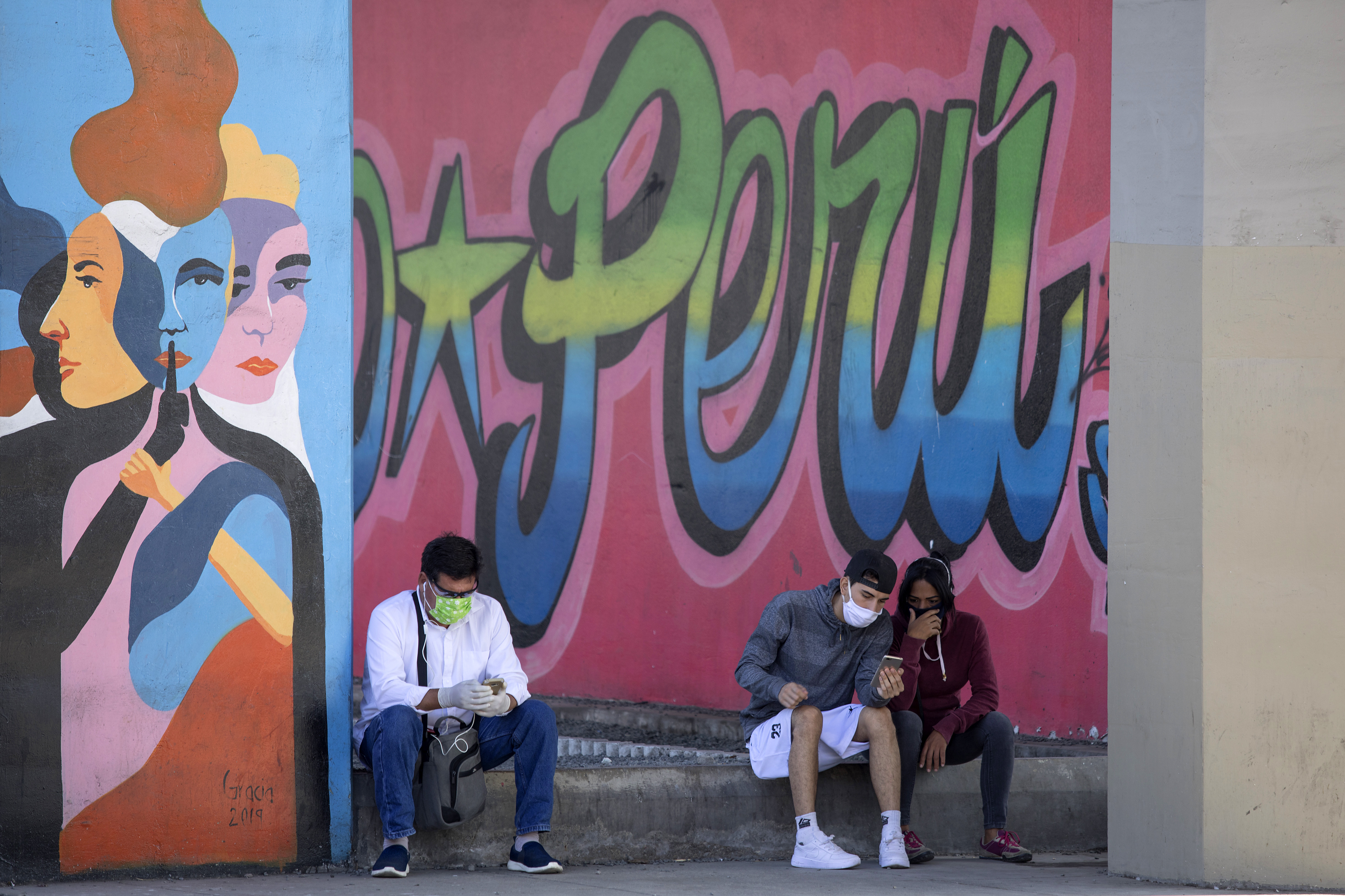In the early weeks of the pandemic, Peru initiated what the Washington Post called “an early and decisive response” against the coronavirus. However, despite their controversial gender-based curfew and restrictions, the country has had among the highest contagion rates in Latin America. Despite difficulties in controlling the spread of the coronavirus, President Martín Vizcarra announced a decree to reactivate the country’s economy and slowly reopen in phases.
According to CNN, Vizcarra said through a statement that the government “must begin economic activities and seek balance to generate jobs.”
While details of the plan haven’t emerged in full, Vizcarra explained that health experts have analyzed and reviewed the decree, which was written based on studies. There will be four phases to it, which will last one month each starting in May and ending in August.
Peru is just one of several countries around the world trying to balance a gradual reopening without increasing infection and death rates. The South American country already has more than 45,928 confirmed cases, along with 1,286 deaths.
Continuing to maintain lockdown measures has presented its own set of challenges: As the Post noted, Peruvians in more vulnerable communities often live in cramped, small neighborhoods and, in Lima, nearly one million people don’t have running water.
Meanwhile, in areas where conditions are better, Peruvians face other problems: According to the Latin American Dispatch, Peru’s Ministry of Women and Vulnerable Populations saw an uptick in gender-based violence since the beginning of the quarantine, with at least seven femicides confirmed last month.
Activists also reported at least 80 cases of sexual violence in the country, and the government has responded by announcing new protective measures to curb new violence.
Opening up the country again could help alleviate some of the friction caused by lockdown and shelter-in-place practices. However, it’ll be a delicate maneuvering and one that can cause the virus to soar, particularly in vulnerable areas.




